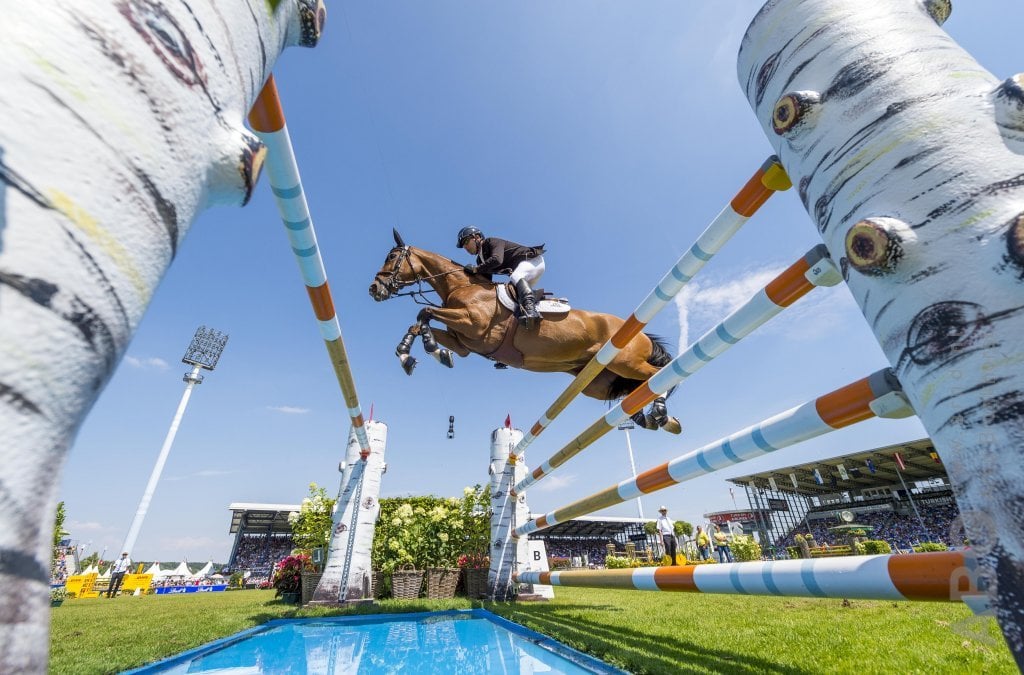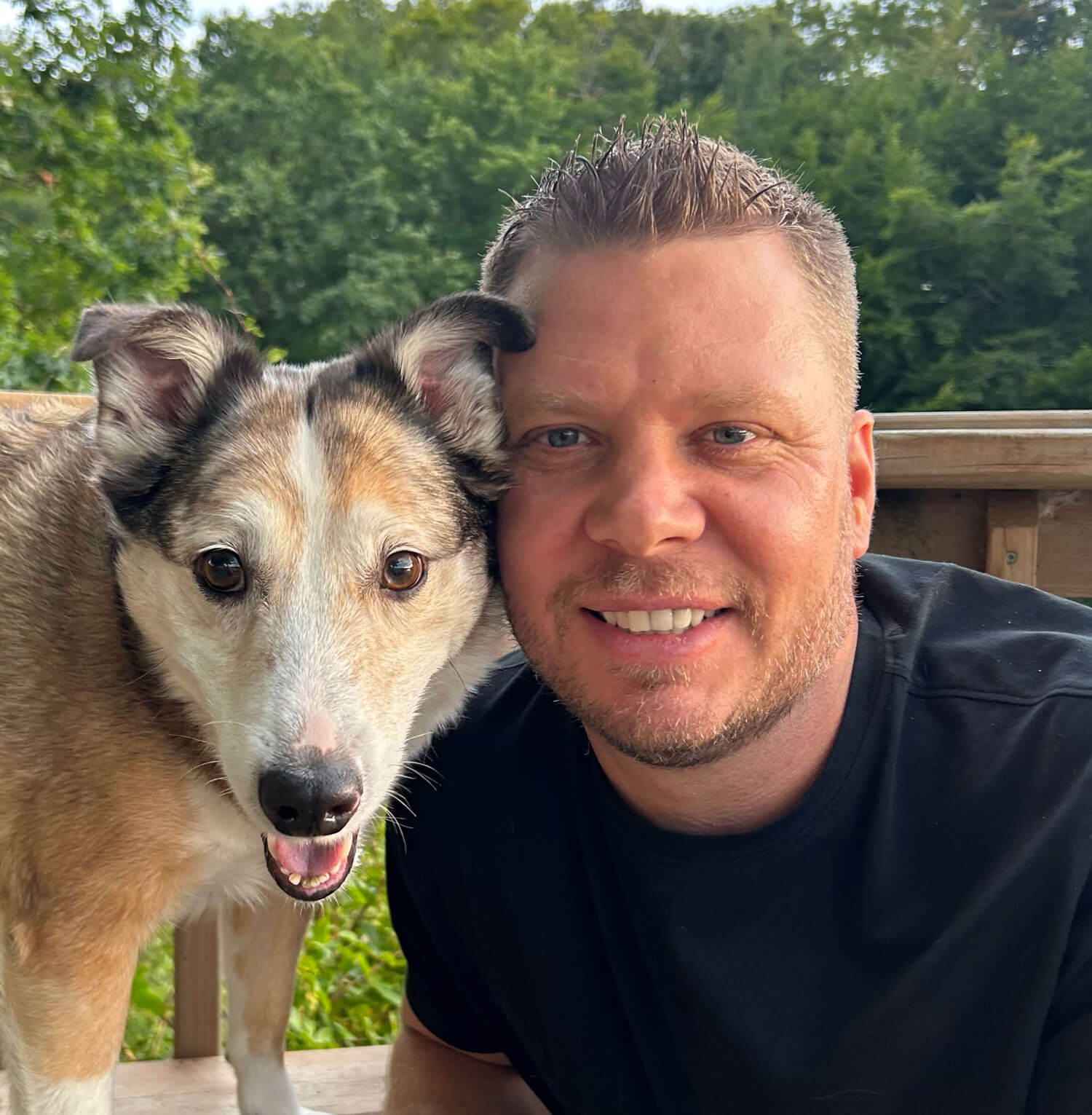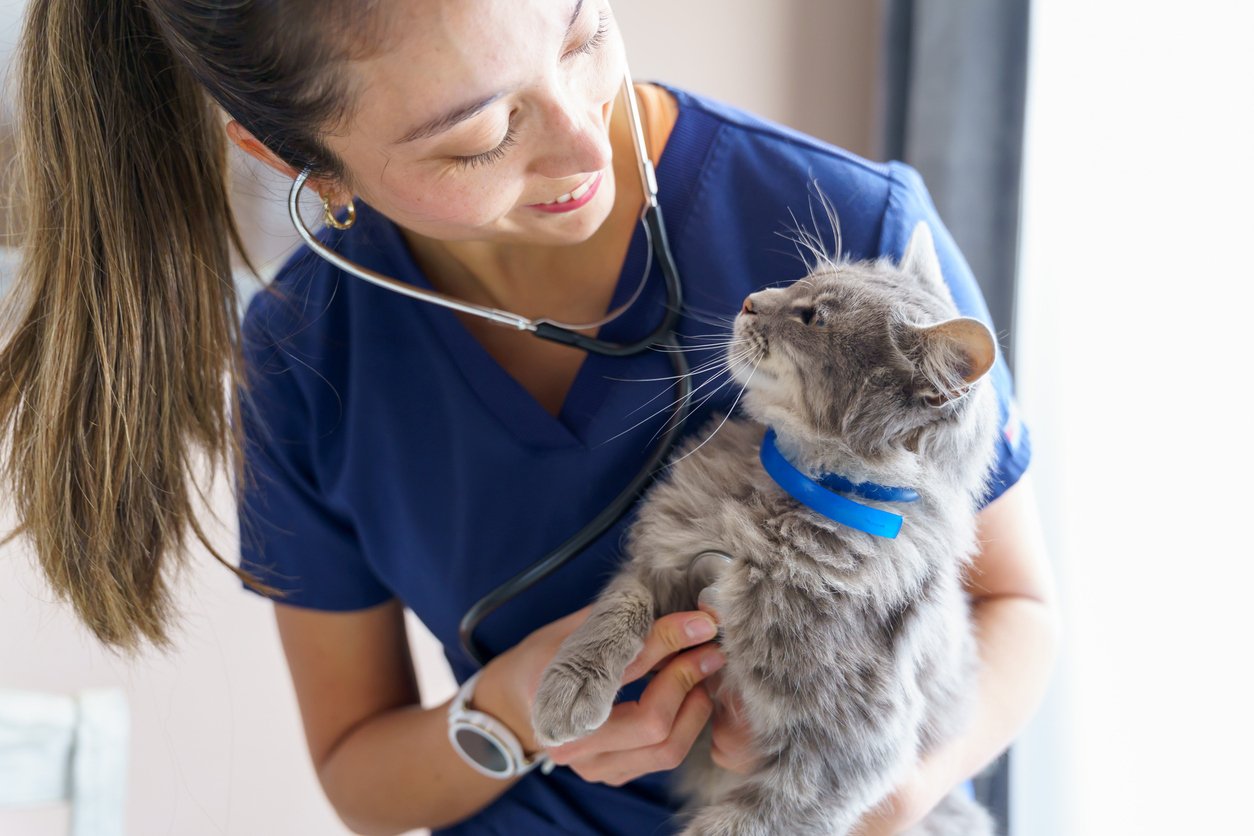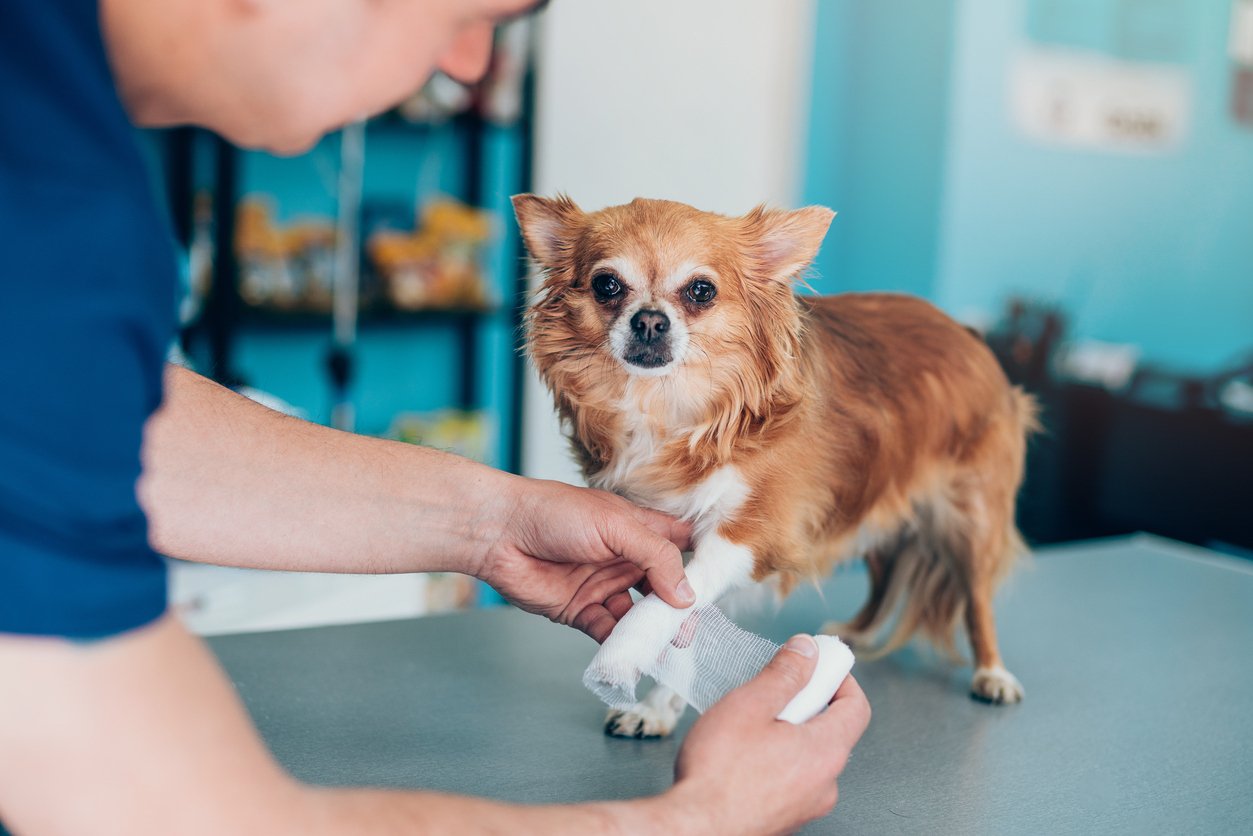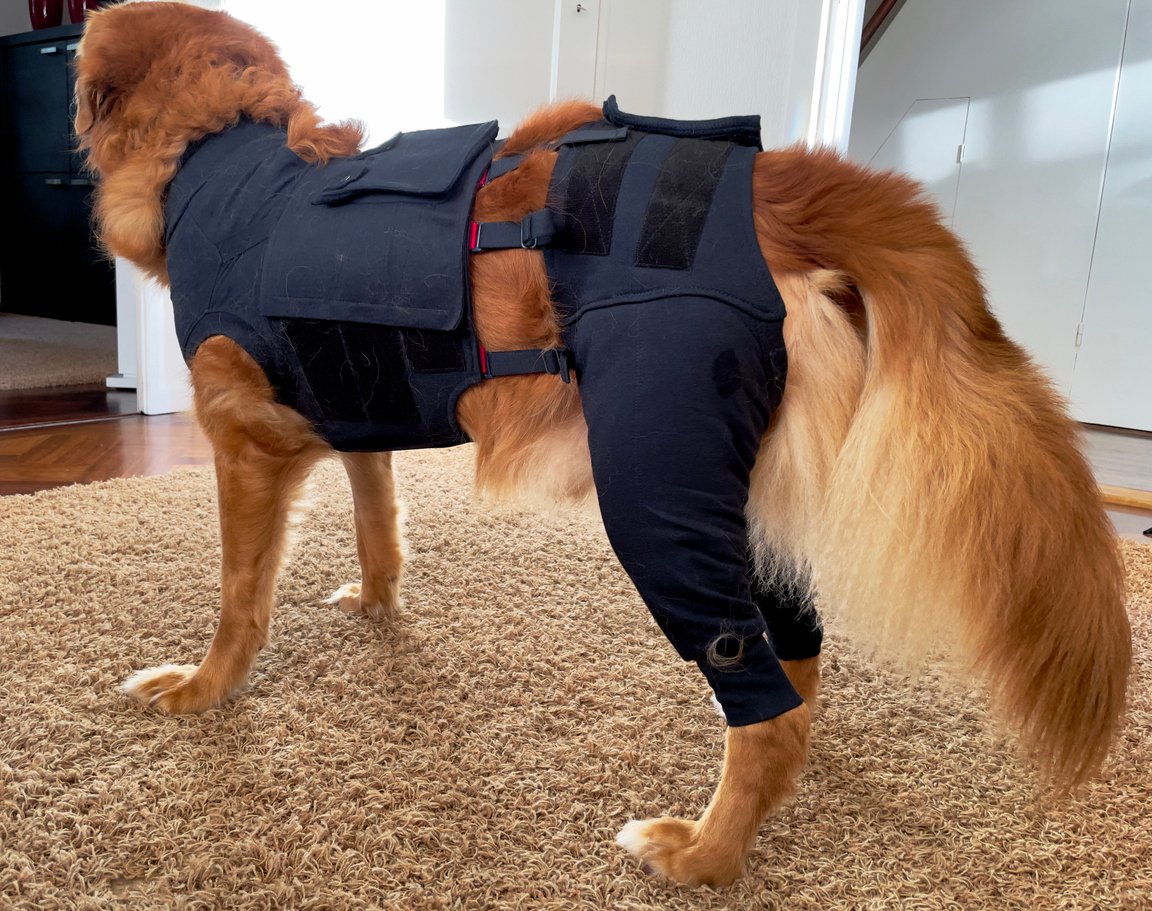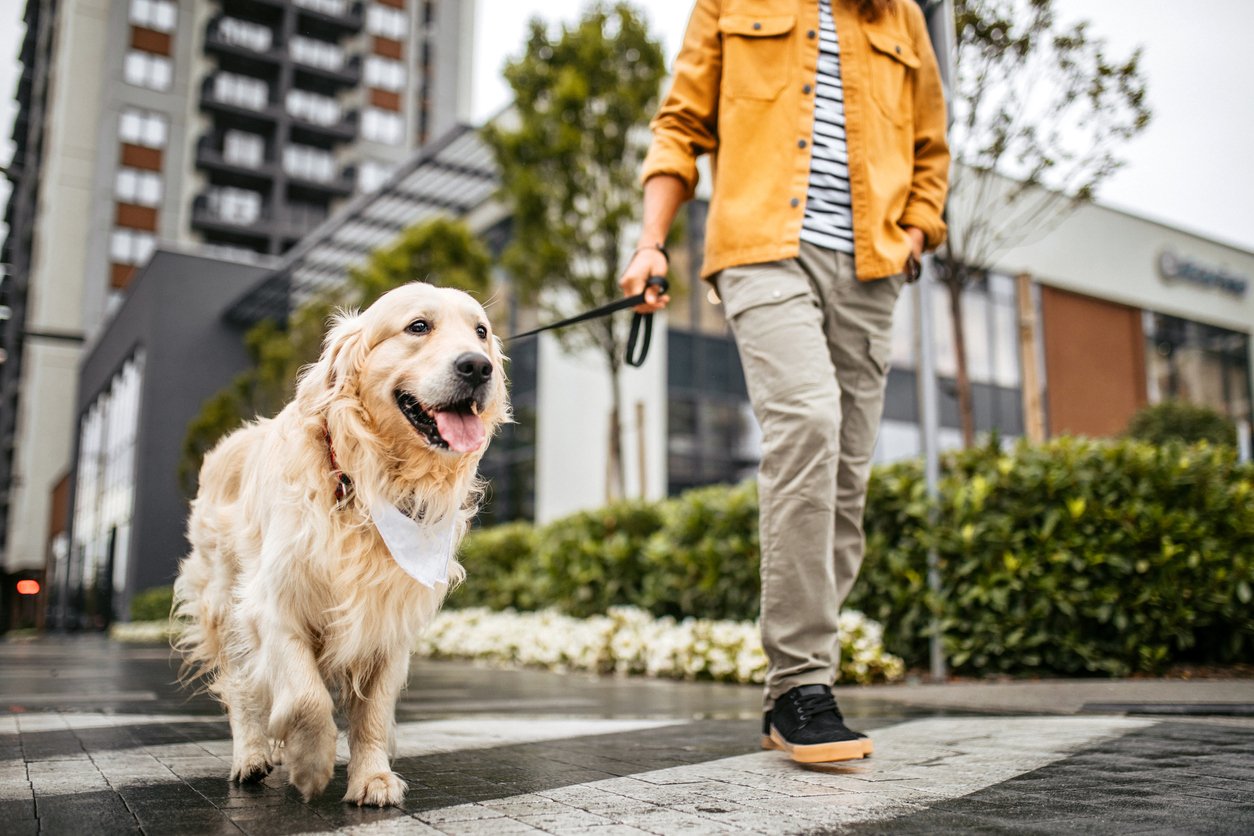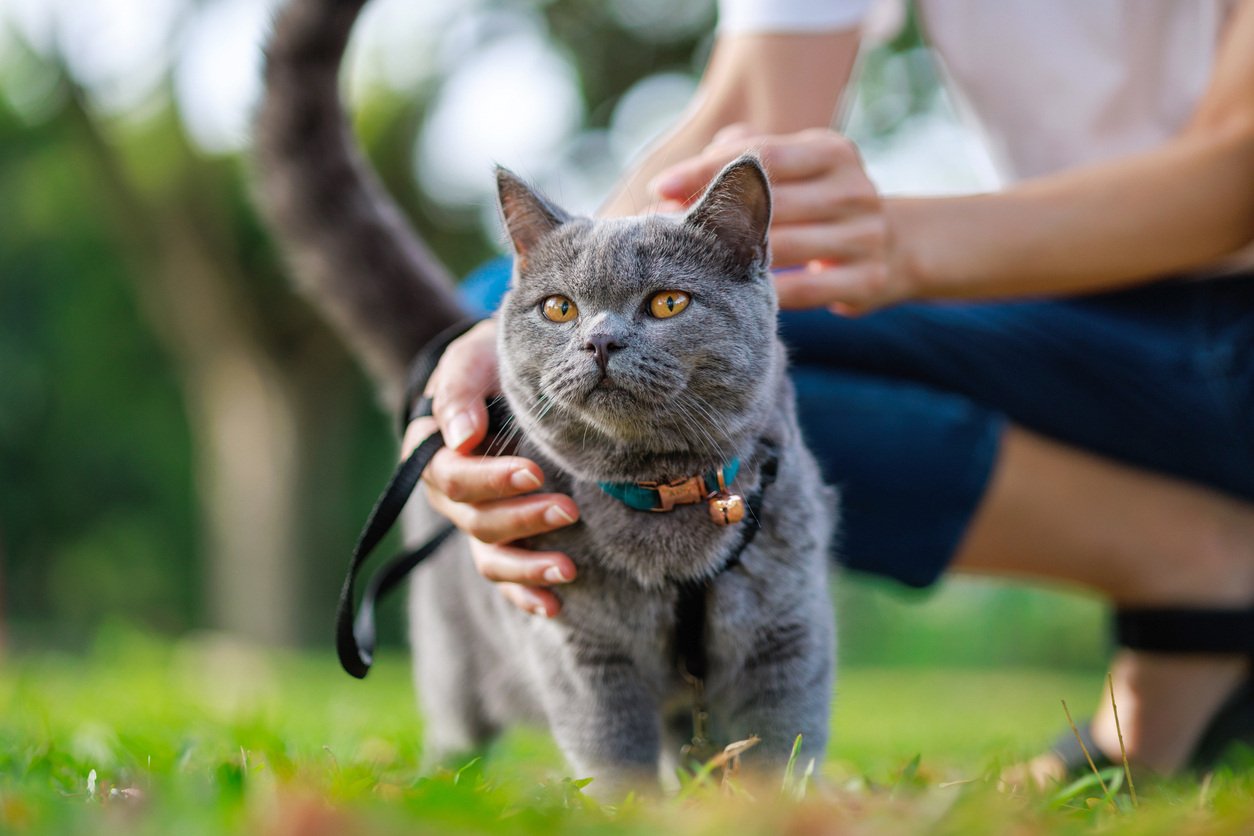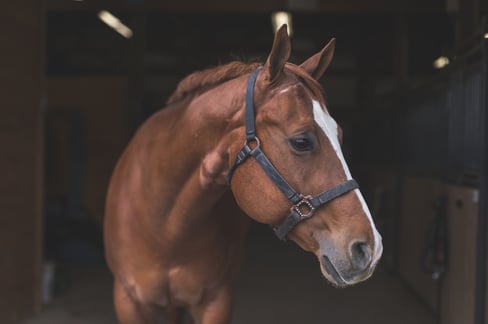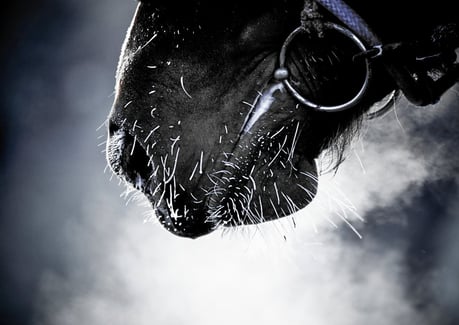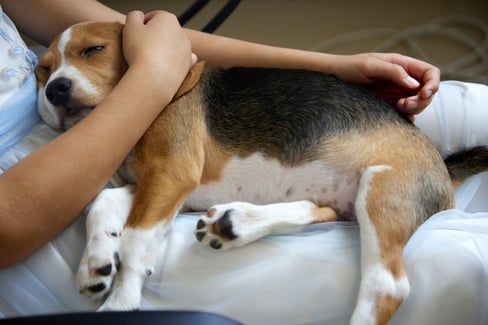Table of Contents
If you were to make a list of the greatest athletes in the world, sport horses would likely be near the very top. So, as is with elite athletes, sport horse injury recovery is an important consideration from the physical demands that are consistently placed on their bodies.
Most competing events and categories – from racing to polo, dressage and sport jumping – present a high risk of injury. Especially since they are high-impact in nature and demand intense, consistent exertion. It’s only natural that these activities would accelerate normal wear and tear. And in some cases, lead to significant harm or, at worst, catastrophic accidents.
So what are the most common injuries sport horses experience?
- Sore muscles
- Ligament and tendon injuries
- Joint inflammation
- Bone bruises
These sidelining injuries can happen across all disciplines due to activities such as jumping at high speeds, running, landing on uneven ground, or merely general fatigue from repetitive stress. Even small injuries and microscopic tears can turn into chronic issues without proper rest and care. That’s why we’re taking a closer look at how you can aid in sport horse rehabilitation and what the care process may look like for your equine partner.
Caring for Your Injured Horse
If you’re wondering how you can best care for your injured sport horse, the first thing to understand is that sporting injuries can be frustrating to not only diagnose but also to rehabilitate. The task you have undertaken requires patience and flexibility because no two injuries are the same. There is no magic formula that can be applied, as each horse will need a different recovery plan.
Fortunately, once correctly diagnosed, there are many ways to care for common sporting injuries during recovery. These options include:
1. General Veterinary Care
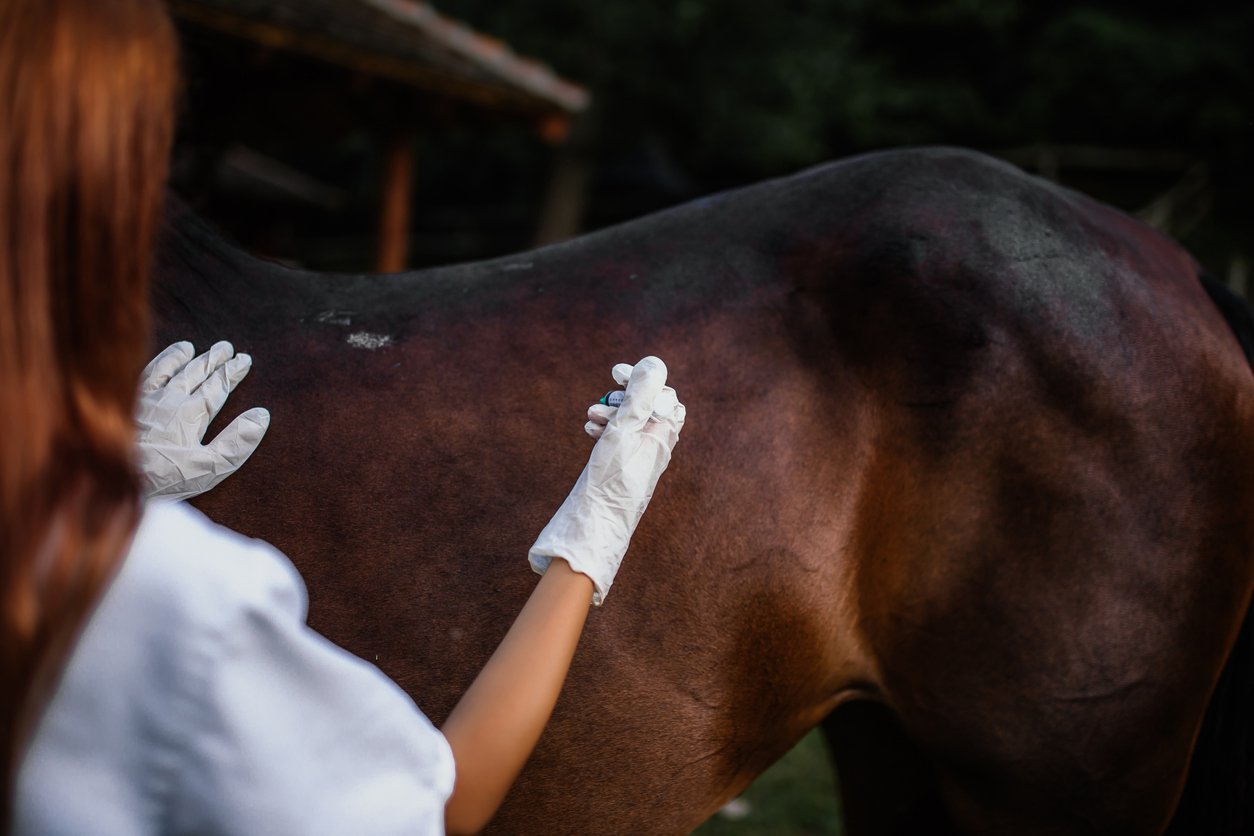
Each horse’s recovery care plan will be tailored to their specific circumstances by a veterinarian.
Often, veterinary advice will include having a horse rest to allow time for sore or torn muscles, ligaments, and joints to heal. Standing wraps for leg injuries are often recommended. Cooling therapy sessions to reduce inflammation are also quite popular.
From there, hand-walking may be advised a few minutes each day to encourage healing until finally, they work up to a gradual return to exercise.
2. Equine Massage
Massage therapy is excellent for pain relief, improving locomotor function, promoting relaxation, and reducing emotional distress. The goal is to help facilitate the healing process while encouraging and uplifting a horse’s overall well-being.
3. Physical Therapy and Rehab
While massage therapy focuses on an overall state of relaxation and pain relief, physical therapy and rehabilitation center on the specific injured area by an equine sports medicine professional. Their goal is to aid in the diagnosis and treatment of both acute and chronic pains and injuries. They also help speed up the surgical recovery processes.
Equine rehabilitation professionals work to address everything from ligament and tendon injuries to bone and tissue healing (and everything in between). They also specialize in strengthening and injury prevention post-rehab.
4. Nutritional Support and Supplements
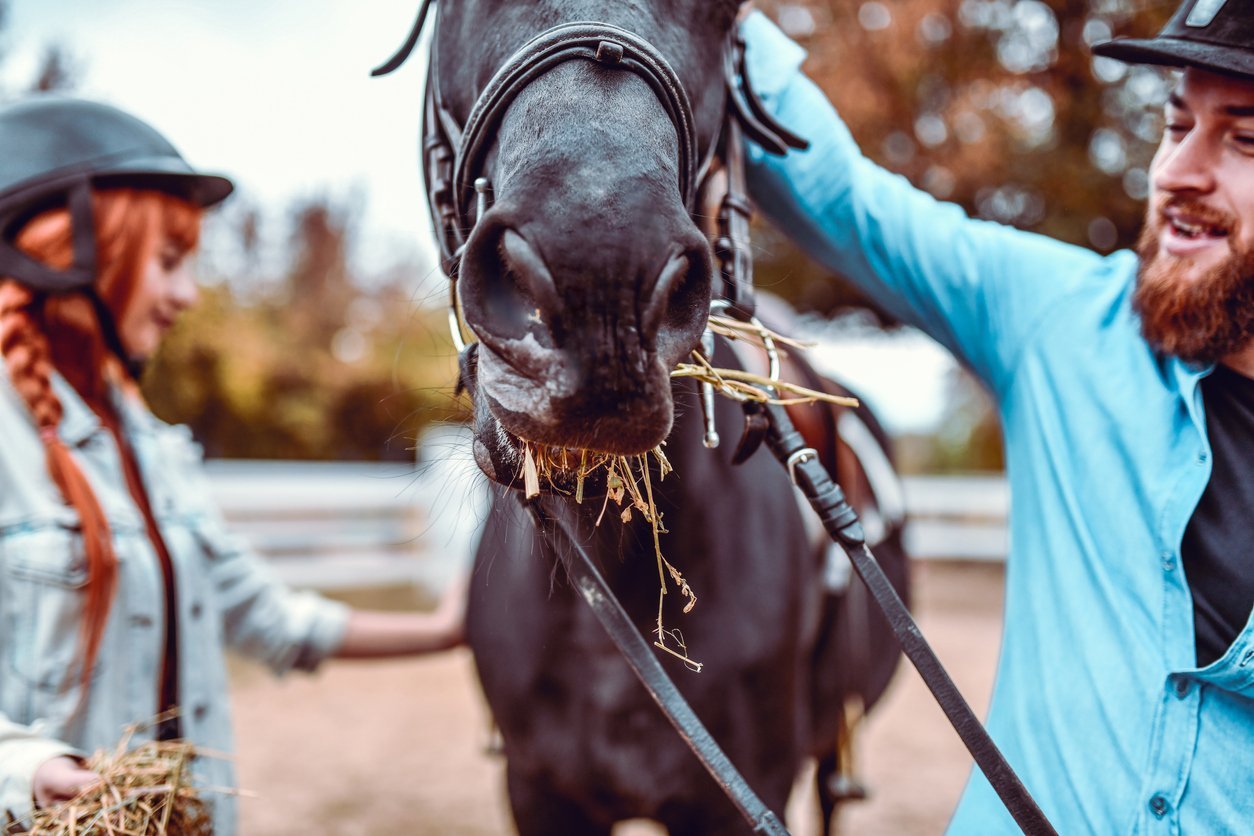
While nutritional support is essential to a horse’s overall well-being and ability to perform at such demanding, athletic levels, it’s perhaps never more critical than during the healing process. Diet can either hinder or help the healing process.
Often, an injured horse will experience a decrease in appetite due to the pain and stress from an injury. Still, because their bodies are trying to heal, they’ll also experience an increase in energy demand. That is why dietary adjustments and supplements like Tri-Acta Equine are necessary to maintain optimum health and body condition.
Taking Preventative Measures
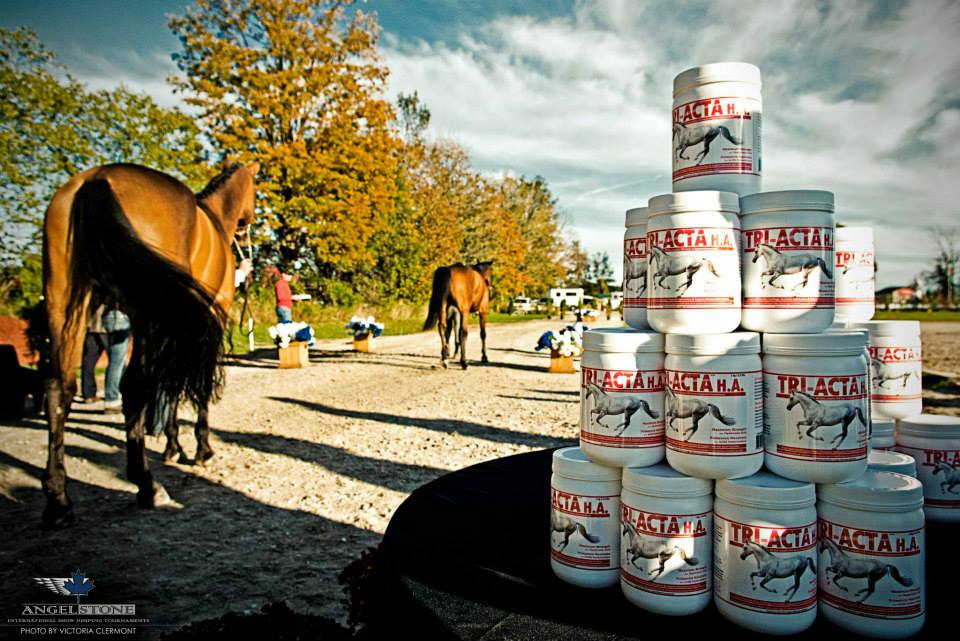
Just like human athletes, allowing appropriate recovery time with the right care plan is just as important as practice time. As their owner and caregiver, it’s your responsibility to become educated on how to take necessary precautions. Learning the different care options to help your horse maintain optimum health and well-being.
The key to sport horse injury recovery boils down to rest, rehabilitation, as well as carefully maintained nutritional support. Tri-Acta Equine is a supplement that can be incorporated into your horse’s regular dietary routine early as well as during recovery. This supplement is an ideal solution for helping maximize effective training as well as aiding in and supporting general stiffness and pains resulting from heavy workloads and workout routines.
By learning more about Tri-Acta Equine’s highly therapeutic, equine-specific formula, you can help provide your horse with the added support they need to operate to their fullest capabilities as they continue to compete and age.
For more information on Tri-Acta joint supplements and purchase options, click here.
Newsletter Signup
Subscribe to our newsletter to receive the latest news and exclusive offers.
.jpg?height=2000&name=Cliick_Integricare-DISPLAY-REVISEDV2%20(1).jpg)
Proactive & Therapeutic Joint Supplements
When given daily, Integricare joint supplements recover bone and joint injuries faster and help prevent mobility injuries from happening in the first place.

